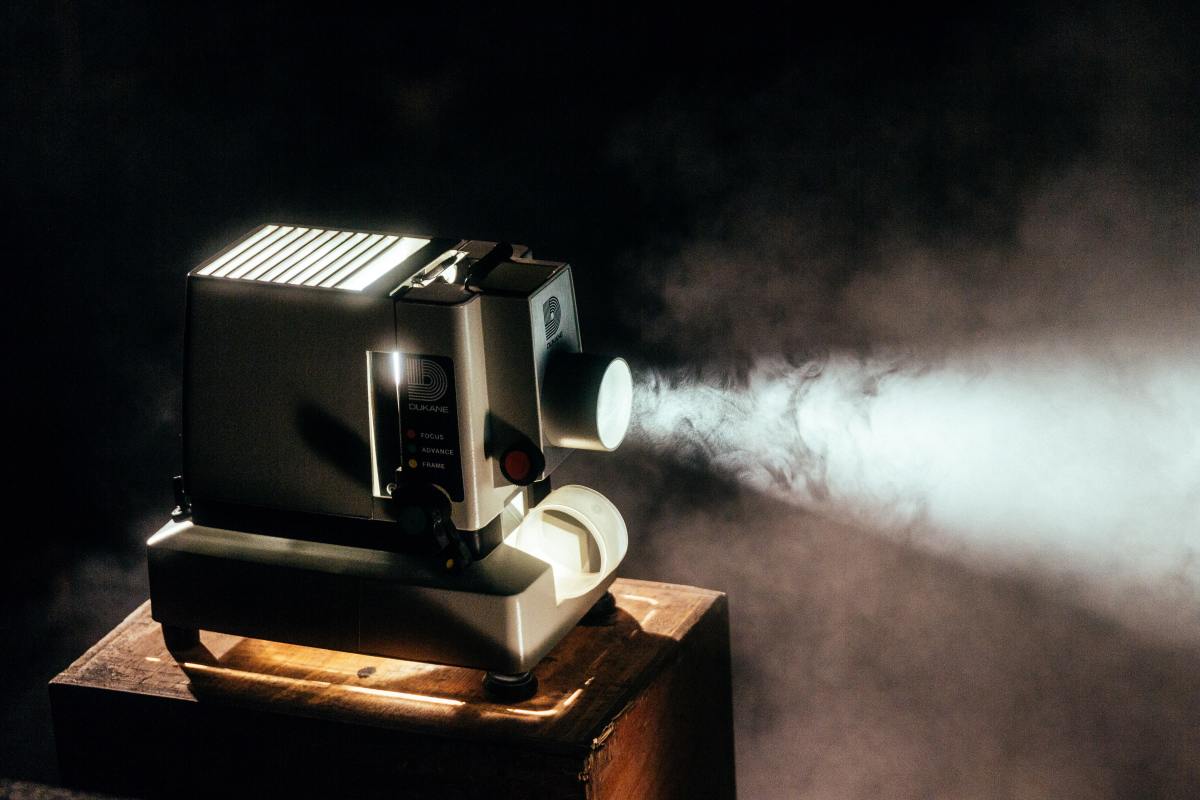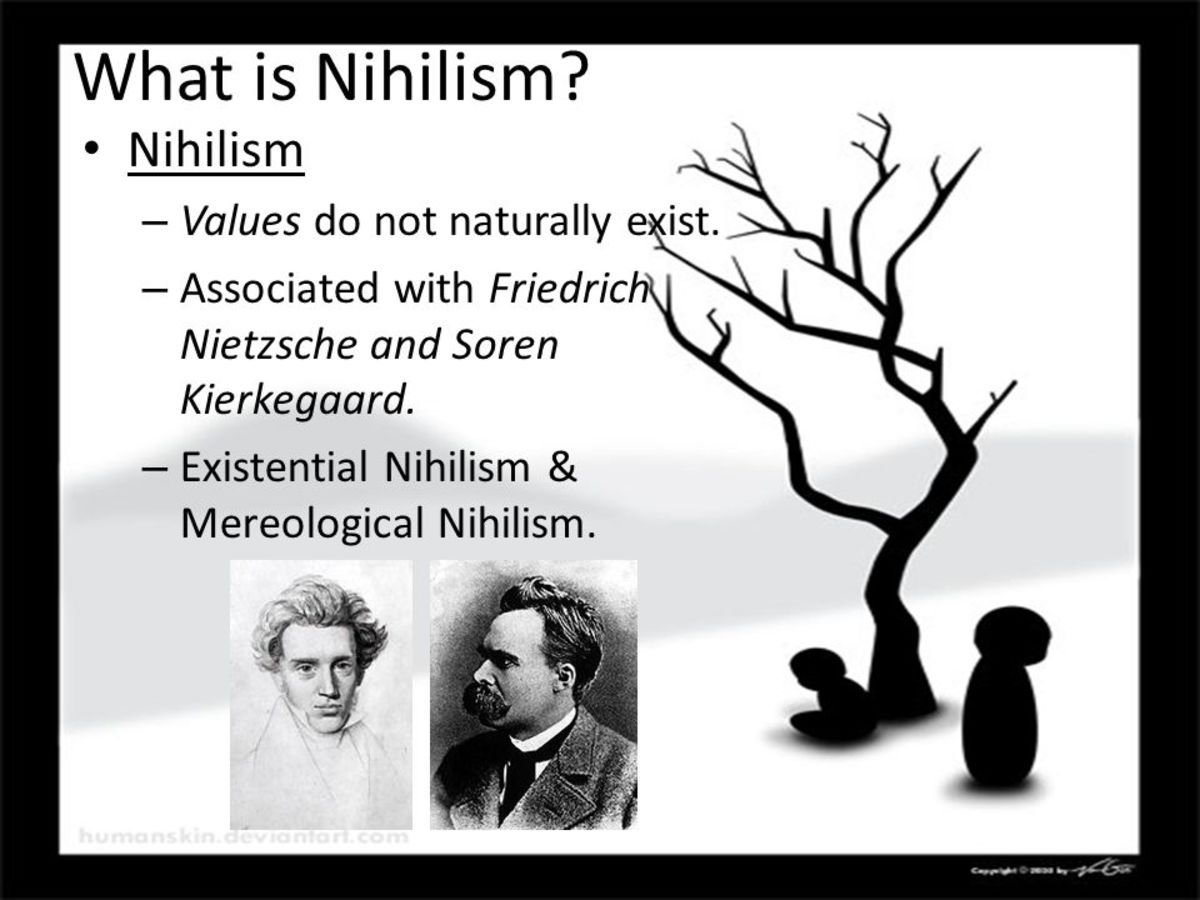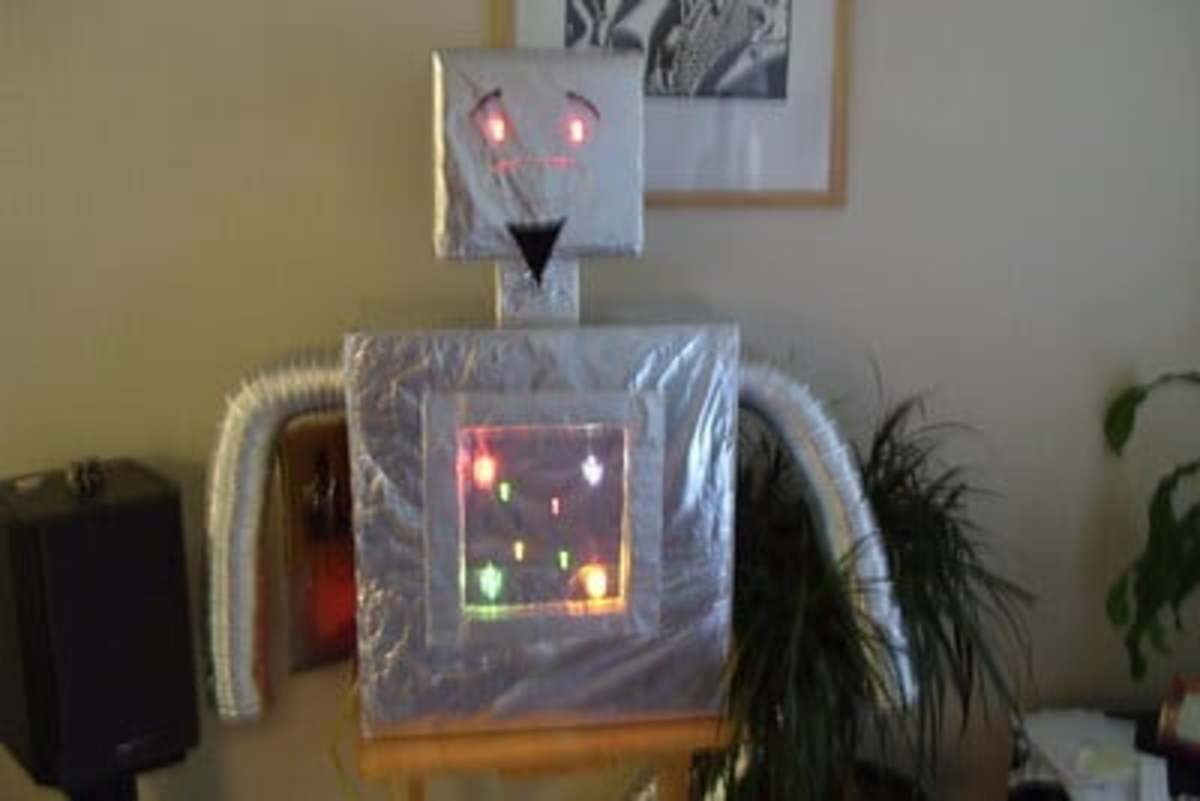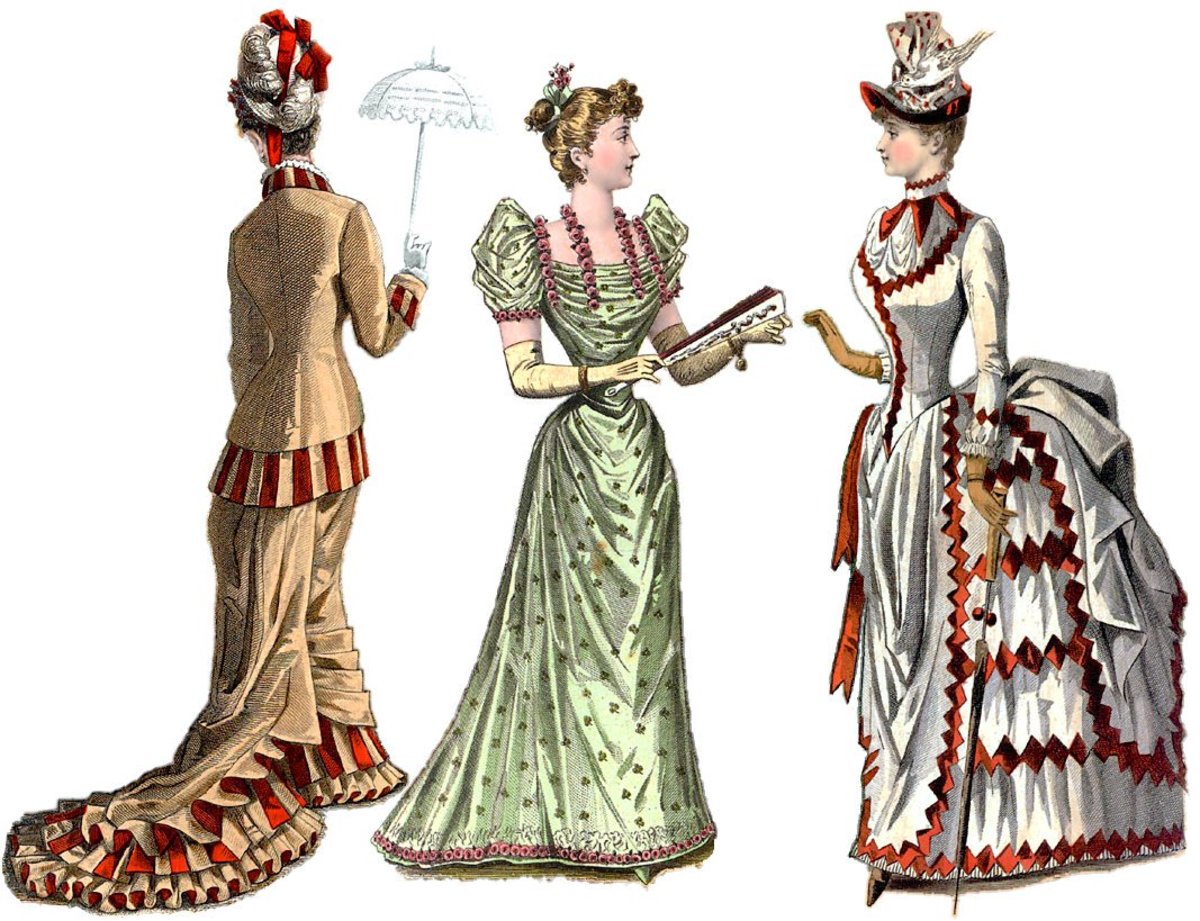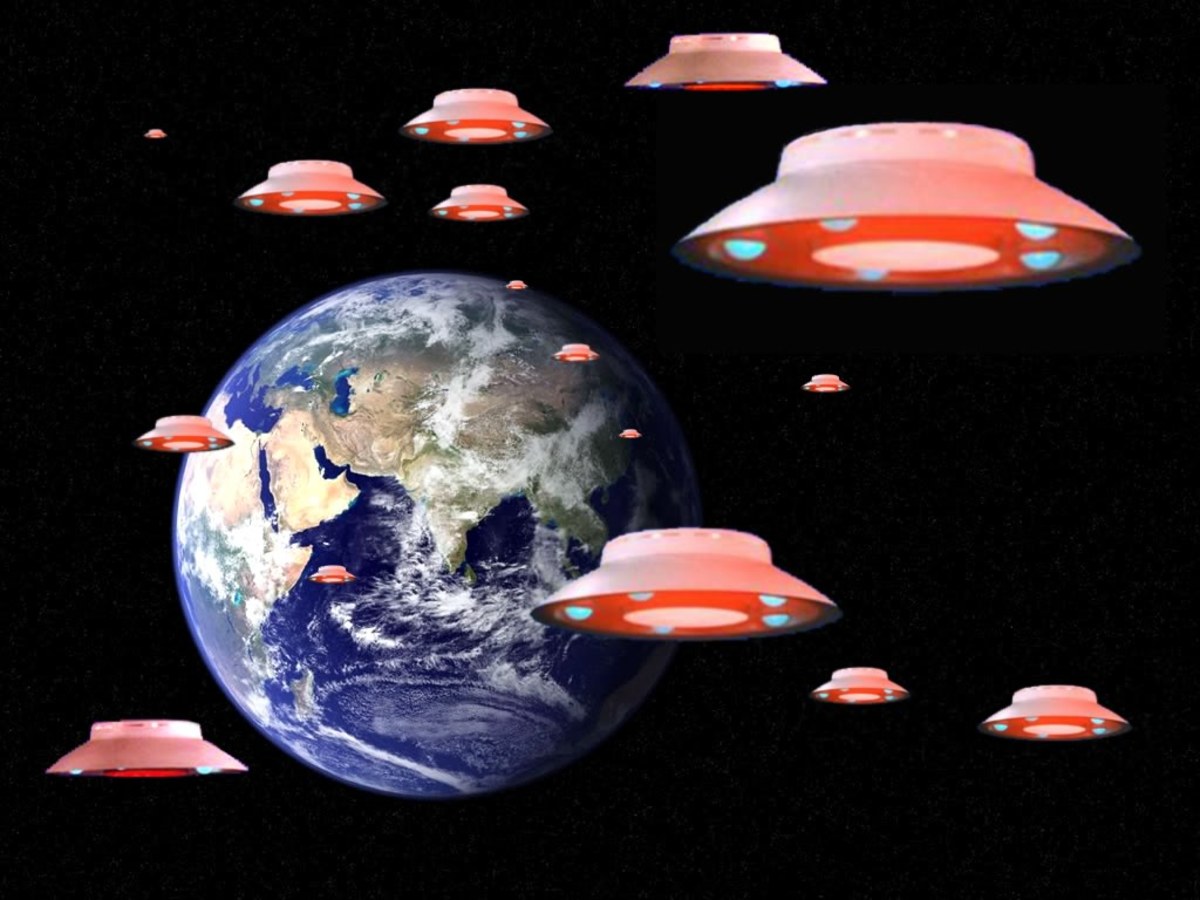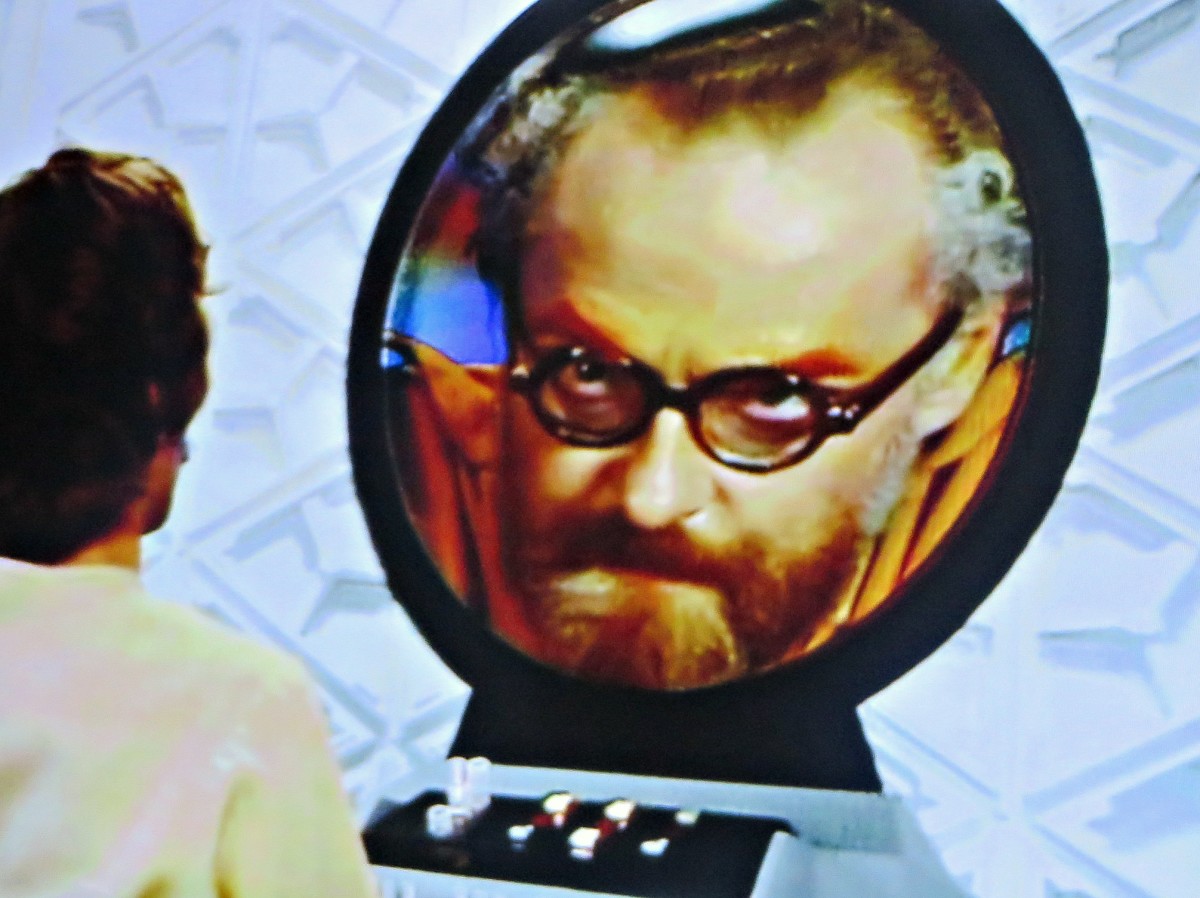HUMANS AMC Sci-Fi Show: More Human Than A Clockwork Orange

The Voight-Kampff test scenes in the film Blade Runner capture the dry, tedious nature of the stressful examination so brilliantly imagined in Philip K. Dick's novel Do Androids Dream of Electric Sheep? The AMC television show Humans (stylized as HUM∀NS) pays homage to the film/novel in the second season through a subplot involving a "synth" named Niska. Niska faces deactivation for killing a human. However, if Niska can pass a test showing she has human emotions and feelings, she may receive a trial and not statutory-ordered deactivation.
Earlier in the same season, a human put a bullet through the head of a self-conscious, emotion-feeling synth. The avoidable "killing" took place for no apparent reason. No threat existed. Was it humane for a human to kill a human-like synth? Can a machine be killed even if the machine develops human-like feelings? If synths do gain human-like or outright human emotions and qualities, do they become human?
And what does it mean to be human?
The Ever-Evolving Industrial Revolution
"Synth" is short for "synthetic," which, itself, is short for "synthetic human." These beings are human replicants designed to perform menial and not-so-menial tasks to serve humans. In some instances, they replace humans in the workforce revealing these androids to be a new phase in the industrial revolution. They are tools and machines designed to perform labor. A segment of the population benefits directly and indirectly. Others suffer adverse results directly and indirectly. Some both reap positives and suffer negative consequences both directly and indirectly.
In the real world, driverless cars may soon become commonplace. By turning over driving duties to a computerized system, drivers and passengers may be at lower risk for an accident. Taxi and ridesharing service drivers, however, may soon be out of a job. However, those same drivers become less at risk for suffering in a human-caused accident when on the road or as pedestrians. Machines and technological advancements in robotics, computers, and artificial intelligence systems bring forth change, creating disparate impacts on populations. The synths of Humans reflect a highly-evolved version of the basic Siri program fused with warehouse robots. A few of these human replicas are, however, synthetic oranges.
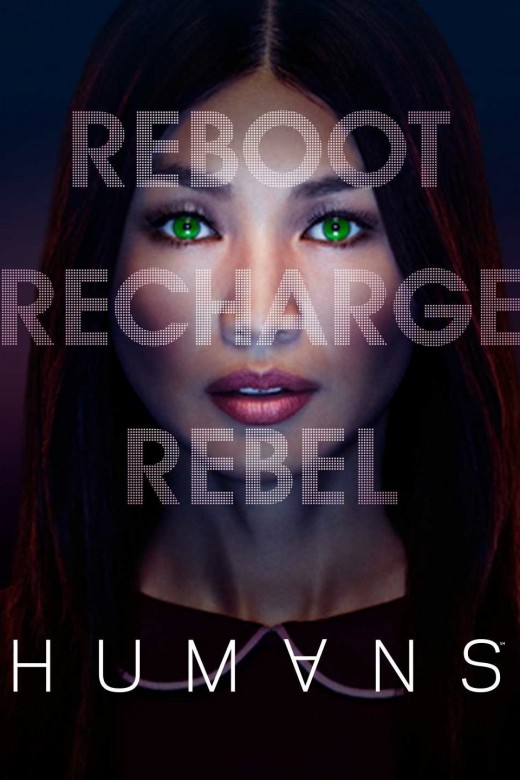
The Synthetic Orange
Anthony Burgess' brilliant science-fiction novel A Clockwork Orange described people who may be organic like an orange but are little more than a toy or mechanical clock that can wound up to perform a set task. These humans ceased to be alive and realized. They become mechanized servants of the state. Although alive, they are no longer yet they live.
Humans presents an inversion of the orange clock: the synths indeed are mechanized machines, but they learn to feel like a real human being. With their programming (brain) changed through an unauthorized code, they become human emotional and cognitive. Mechanically, they remain synthetics - machines.
Is a human being limited to his/her organic nature? In the mind, body, and spirit mix, only the body is a tangible asset. The mind and spirit exist within the body. If the body were to change and the mind and spirit remained strong and distinct, would humans cease to be human? And can something inorganic attain a sense of equal parity with a human if it contained a self-aware mind and the seeming presence of the ambiguous component known as the spirit?
We have the clockwork orange in two forms: the organic acting like a machine and the machine with an organic being's traits. Still, one is an actual natural human and the other an inorganic machine. Beyond the physical, is there a difference between the two?
More Human than Inhuman
Do Androids Dream of Electric Sheep/Blade Runner presented the provocative and prophetic advertising slogan "More human than human." The term referred to productivity. The worker replicants could perform like a human being with the added ability to outperform human counterparts consistently. The slogan soon revealed an underlying irony. Replicants choosing to survive took on human instincts to survive and planned on surpassing the human desire for survival.
Not all of the Synth in Humans are benevolent. Many synths, while harmless, possess character flaws and imperfections. Of course, these same descriptions could fit human characters as well. Certain human characters lack a moral compass entirely, while synth counterparts act more morally. Would these synths be considered evolved beyond their flawed human counterparts? Can they become "more human than human" and rise above their state as strictly machines?
No real answer exists. Under the law, a synth remains a machine. A segment of the human population may wish to change the law or regard synths as new humans, regardless of the statute. Other humans will never see them as anything but machines. Many humans remain indifferent.
And do the synths see themselves as humans or as synths deserving empathy and quality under the law due to their newfound emotional, spiritual, and intellectual self-awareness? Does all this exist outside of established common law or human opinion? The concept of natural law never explicitly mentions any answers, as the concept refers only to organic humans. Those with human-like minds and feelings may be left out. The mechanical suffers from perceptions of not being natural, even though metal comes from the natural world.
No real answer currently exist to any questions from either a philosophical or legal perspective. Things must "play out" throughout the narrative. For good or evil, what happens, happens.
Questions about "What does it mean to be human?" are meant to be asked and not answered.


